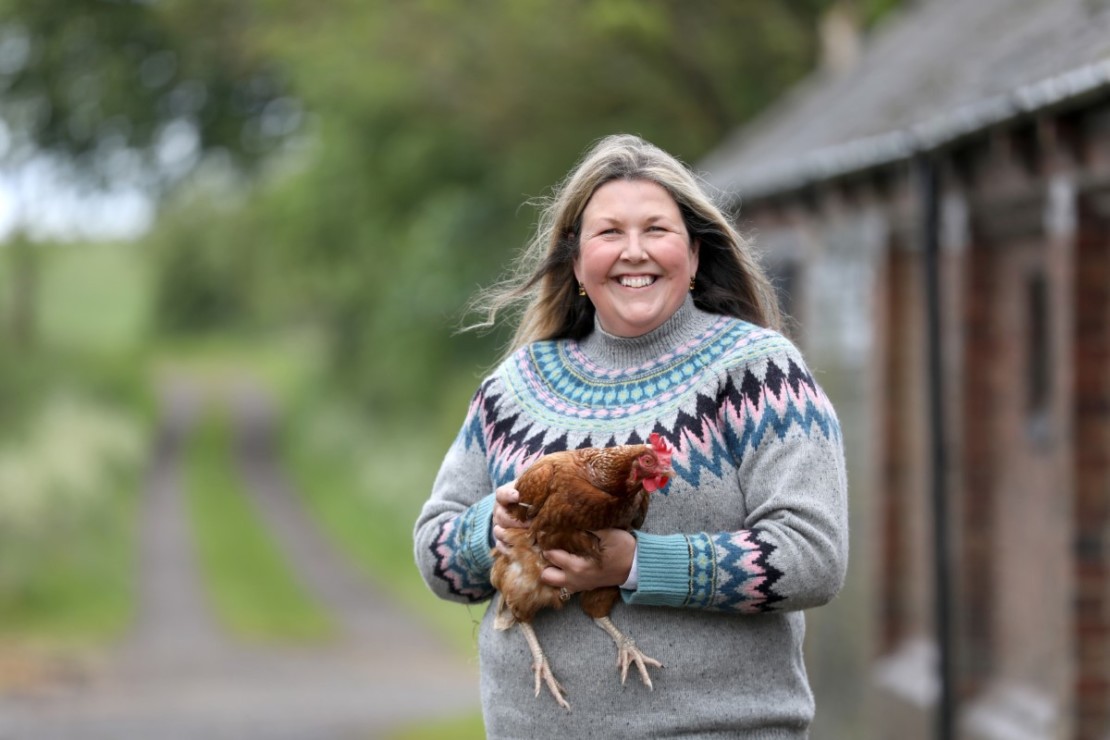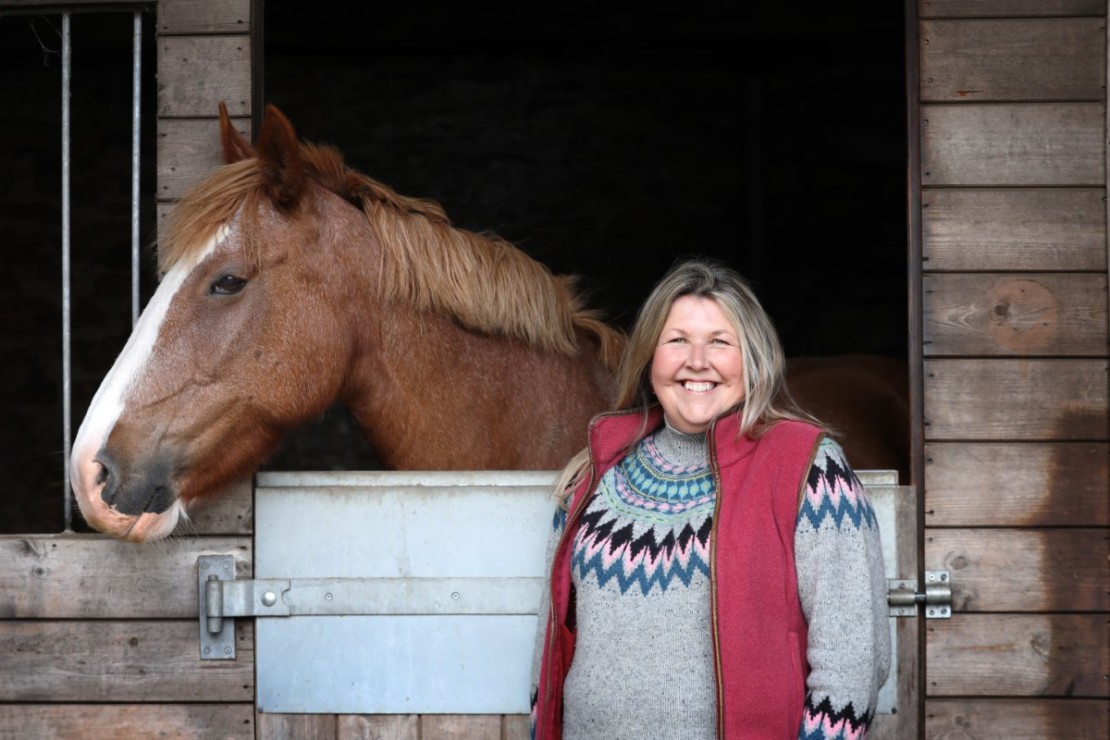
Only Human
Living and working on a 1,000-acre farm, coach Jo Speed is very familiar with loneliness and the issues it presents entrepreneurs and lone workers. She tells us how she manages to stay feeling connected and how the issue has inspired her latest venture…
Despite growing up a city girl in urban Sheffield, I’ve always longed for the great outdoors and an agricultural career has taken me to some pretty remote places.
In my 20s, I embarked on an adventure travelling and working as a dairy herd manager across New Zealand and Portugal where I helped manage a 1,000-cow unit for three years. Fast forward to today, and I live on an arable and sheep farm near Hetton-le-Hole with my husband and son.
Loneliness and social isolation are an epidemic in farming.
Things have really changed for the farming community in recent times. In the past, farmers would go out weekly to sell stock or go up the drive to sell stuff or see their teams but now things are lean and mean. Bigger units are needed to make a profit and as farmers don’t have the money to employ people, it’s more difficult to get away to stay connected to the rest of the world.
These issues helped inspire my decision to set up my own company, Jo Speed Coaching, which is aimed at helping people to achieve the life they want.
Though I work with people from all walks of life, my lived experience of rural life means I’m a great fit for farmers who aren’t used to opening up to people about their problems. Technology helps to overcome geographical barriers. I use video calls to dive right in. Farmers can have deep conversations without even changing out of their overalls!

The loneliness they feel is shared by many who work for themselves or by themselves – me included.
I have a little office on the farm and I can go all day without seeing anyone. It can be challenging to get out of my own head. Sometimes it’s like an echo chamber in there – with the same thoughts bouncing around. I might be a qualified life coach but like anyone, I need human contact.
You don’t need to live in the wilds to feel that loneliness. You can feel it even in the centre of a busy place when you’re surrounded by people.
Social media can make it look like everyone else is so connected and it can make loneliness feel like something of a taboo subject. But there’s nothing to be ashamed about and I feel passionate about helping people to recognise it and normalise it.
That’s why it’s so important to find your people to connect with personally, whether that’s a walking group, online networking – whatever.
We all need to reach out to other people. I have a life coach to chivvy me along and challenge me. He’ll check in with me to find out how I’m thinking and how I’m feeling. And there’s lots of support out there, like the BIC. They offer huge amount of support to help connect businesspeople. Networking, mentoring, training, events and awards all bring people together to find common goals and experiences. The North East has a great community spirit. You just have to ask for help and someone will respond.
One of the big things I’ve learned is that it’s okay to say I’m just not feeling it today. I encourage others running a business to do the same!
Go for a walk, meet a friend, just get out of there if it’s not happening! That’s the benefit of working for yourself so take it when you can. Running a business is tough so it’s important not to be hard on yourself and beat yourself with a big stick.
And waste no time comparing yourself to others who are in employed roles.
We live in a culture that values and promotes busyness and productiveness. But why? There is no benchmark in this self-employed life – you are your own success. There’s no point in comparing yourself to a senior manager of a corporate organisation – your existences are entirely different. That’s why it’s important to find likeminded people to spend time with. It’s horses for courses.
Connect with Jo and find out more about her coaching business on Instagram or LinkedIn
The start-up support from the BIC forms part of the Enterprising Sunderland project which has received £1,271,885 from the Government’s UK Shared Prosperity Fund Programme, managed in Sunderland by Sunderland City Council on behalf of the Sunderland Partnership.